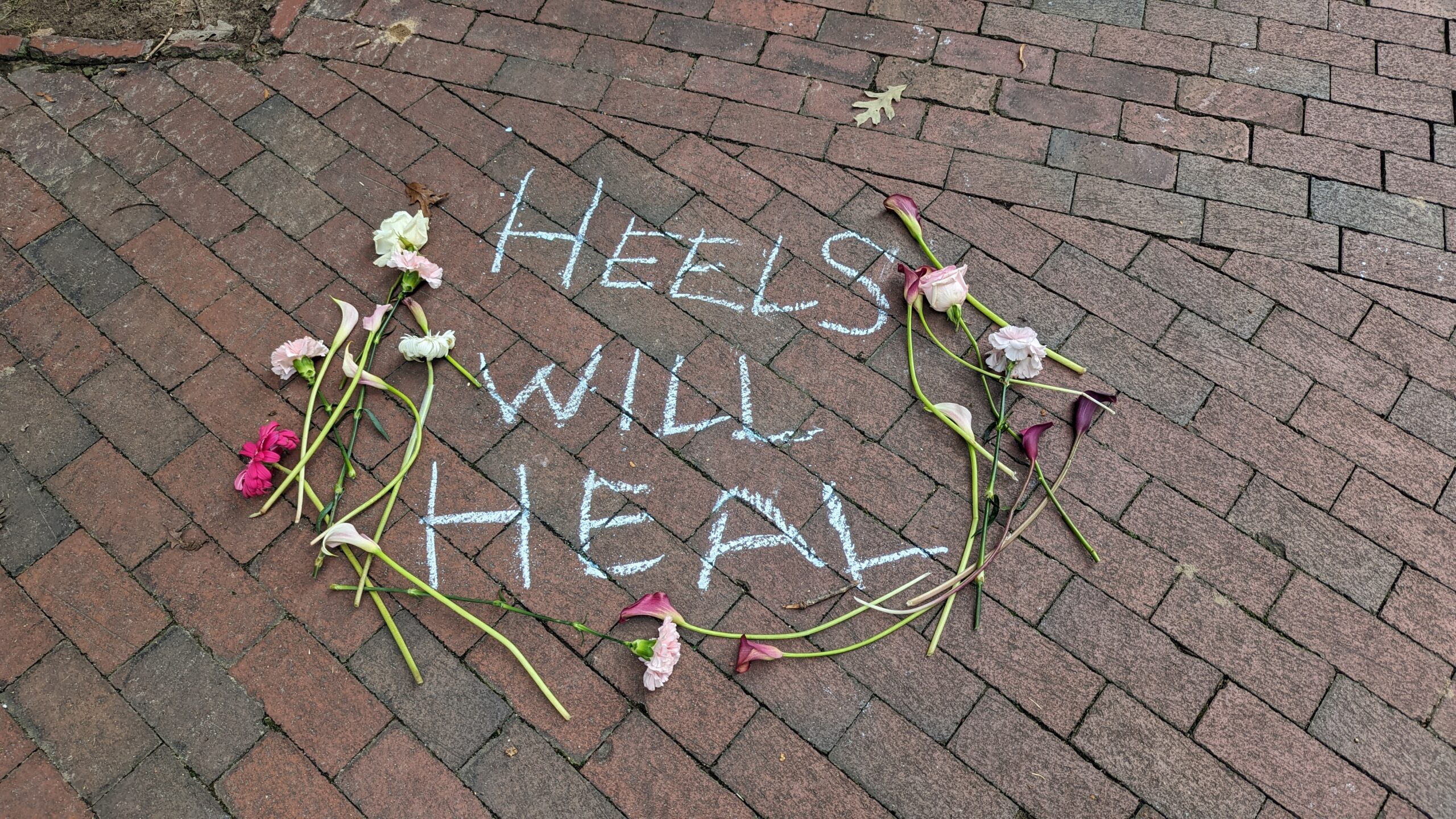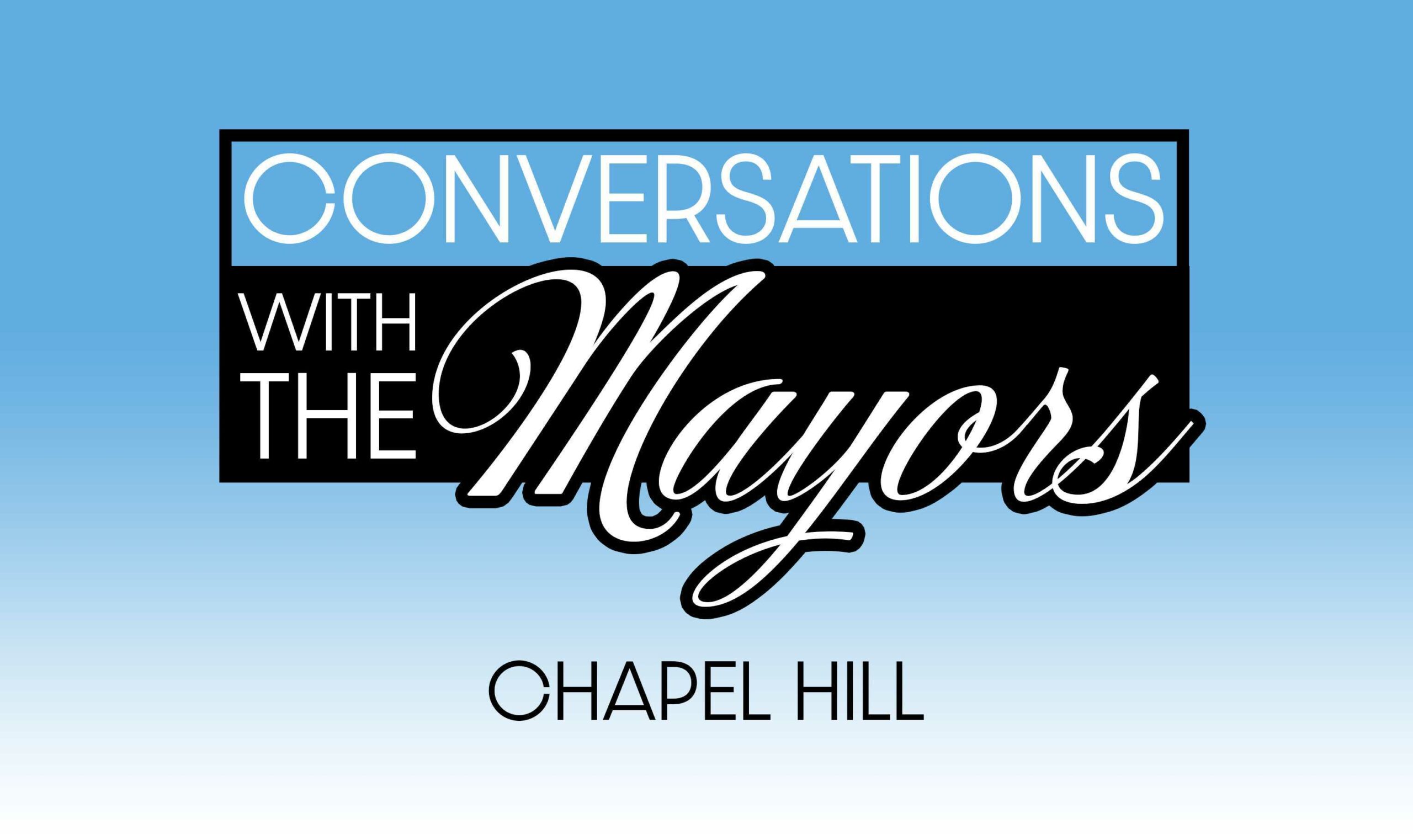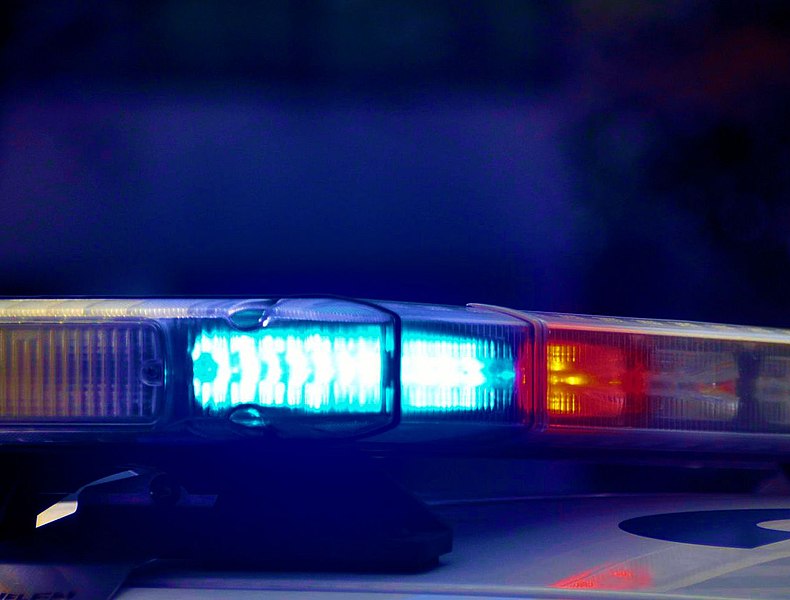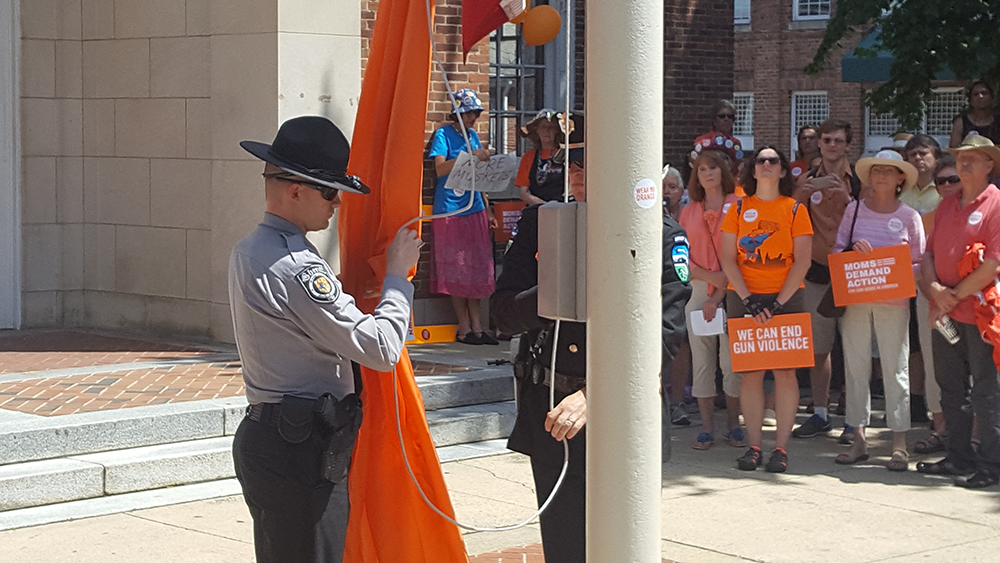Current gun controls in North Carolina are unlikely to get any tougher, following the recent murders of three college students in Chapel Hill.
Still, the number of guns found in the home of alleged shooter Craig Hicks, as well as his behavior toward the victims prior to the killings, raise questions as to how far new gun controls should go, if such laws were ever passed.
“Some of the more high-profile crimes that have occurred in recent years – they’ve been educational moments for many people,” said Chapel Hill Mayor Mark Kleinschmidt. “Unfortunately, the education has yet to reach those in high political office.”
When police searched the Chapel Hill condominium of 46-year old Craig Stephen Hicks recently, they recovered 12 firearms, including a military style AR-15.
Hicks is charged with first-degree murder in the Feb. 10 shooting deaths of 23-year-old Deah Shaddy Barakat, of Chapel Hill, 21-year-old Yusor Mohammad, of Chapel Hill, and 19-year-old Razan Mohammad Abu-Salha, of Raleigh.
A history of high-profile tragedies
Of course, this isn’t the first high-profile, gun-related tragedy in Chapel Hill’s recent history.
On March 5, 2008, UNC Student Body President Eve Carson was shot to death at the age of 22, after she was carjacked, kidnapped and robbed by Demario Atwater and Laurence Lovette.
On Jan. 26, 1995, UNC law student Wendell Williamson obeyed the voices in his head, and opened fire on Henderson Street, killing two people and wounding others. The gun he used was a high-powered M-1 Garand military rifle.
It was never confirmed where he got the gun, according to a story in the Chicago Tribune. The rifles are still available through the civilian marksmanship program, as they’ve been since World War II.
Kleinschmidt said that there’s been no progress in improving protections from gun violence since Williamson’s spree, 20 years ago. Things have only gotten worse.
He bemoaned the lack of authority granted to municipalities when it comes to gun laws.
“We have very little to no power,” said Kleinschmidt. “Our law enforcement officers can enforce the laws of our state within our jurisdiction, but we have very little power to be able to enforce laws that would be enacted locally that we might believe are in the better interest of our community.”
Kleinschmidt is a member of Mayors Against Illegal Guns. Two years ago, the group called on the president and Congress to pass laws that require criminal background checks for all gun sales. The mayors’ organization also wants to take military-style assault weapons and high-capacity magazines off the streets, and to make gun trafficking a federal crime.
“It’s unfortunate that, with every attempt that we’ve had over the last several years to try to get those kind of regulations in place, we’ve failed and failed,” said Kleinschmidt. “And I think a lot of that’s been because of the cowardice of some politicians.”
State legislature eases gun rules
District 23 Sen. Valerie Foushee, a Democrat, is part of the state legislative delegation that confers with Chapel Hill and neighboring Orange County municipalities.
Foushee said she agrees with Kleinschmidt that municipalities should be allowed to determine their own gun laws.
She said she has not, so far, considered drafting new gun legislation. Foushee said she hopes that gun rights advocates in the legislature won’t propose new weapons legislation, either.
“What I am hoping, is that we don’t see more legislation like 937 that passed in the last term,” said Foushee.
Known as the “gun rights law,” H937 was signed by Republican Gov. Pat McCrory in 2013.
It allows legal gun owners to carry a concealed weapon into bars and restaurants that serve alcohol, provided they don’t consume any. It also allows them to keep guns in a locked car when parked at a college or public school.
As for legislation she’d like to see, Foushee said she thinks it may be reasonable to consider the number of guns one wishes to own, when a permit is issued. She points to Hicks as an example.
“That seems senseless to me,” said Foushee. “Why would a person need 12 guns? Certainly, that’s not about safety.”
However, she concedes that it’s not as easy as putting a number on it. She said that proponents of such a measure would need to consider the types of weapons people buy, and their reasons for buying them.
For now, Foushee said she would be happy to see changes that most people can agree on.
“Certainly, we could put some safety measures in place that would not allow people to have guns on school grounds; that would not allow people to carry guns in parks,” said Foushee. “Some things just make sense. And some things don’t. But clearly, the leadership that we have in the legislature feels a need to allow people to arm themselves for reasons that don’t involve safety.”
‘Open carry’ — an open threat?
Since the recent murders of those three college students in Chapel Hill, reports have surfaced that Hicks once showed up at their door, with a rifle by his side, to complain about noise coming from their apartment.
Foushee said she agrees with those who say that the act of openly carrying a gun can, in itself, constitute a threat sometimes.
“It would be a threat to me,” said Foushee. “I do think that when people see a person armed that way, in a neighborhood setting, where there is no threat of violence, why would a person feel the need to go armed, in a visible manner?”





